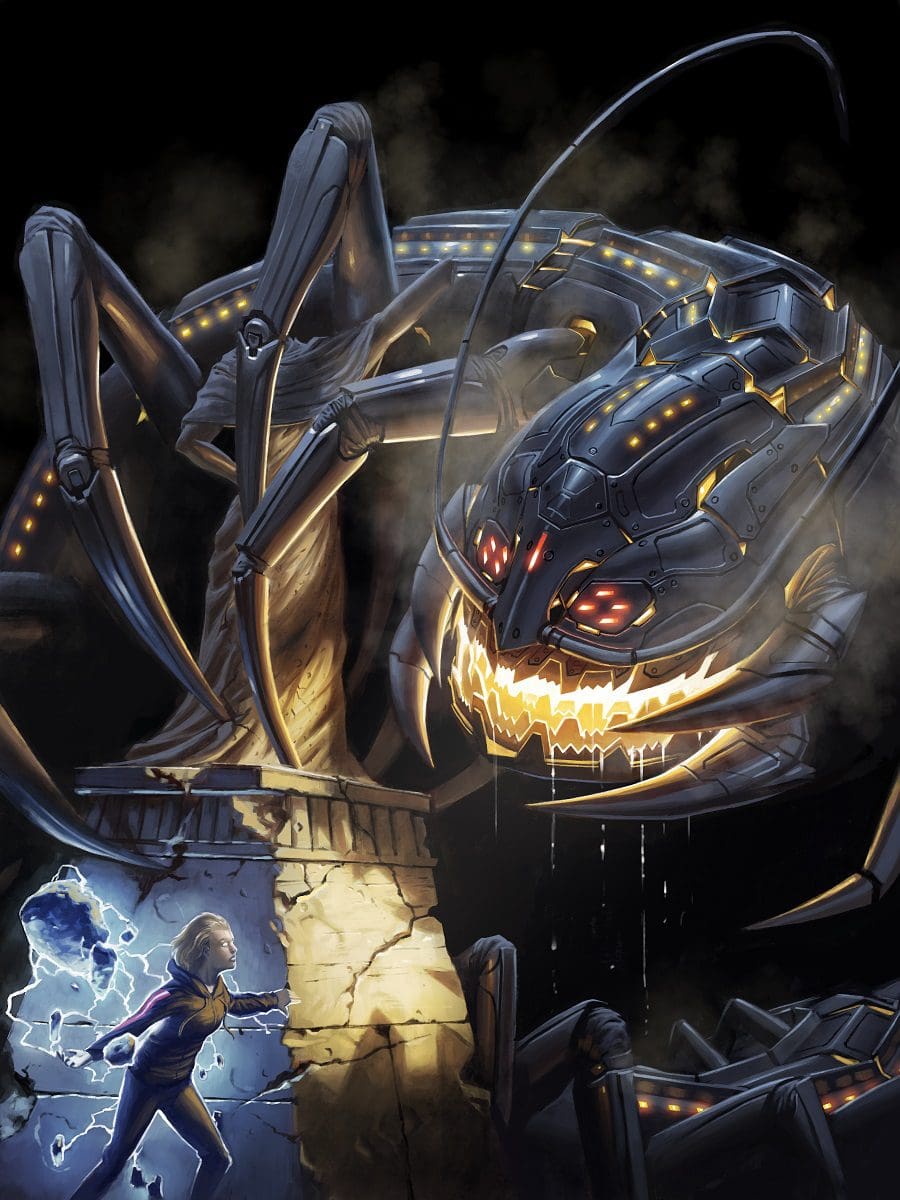
Last year, I played Dungeons and Dragons for the first time. My wife got me started on the hobby. I played a character I affectionately remember as the “Burninator”, a wizard whose first response to any problem was to set it on fire.
It was loads of fun, but I wanted more. I wanted to drive the campaign, create the mood, and tell the story. I wanted to be the Dungeon Master.
I told our group about my writing hobby and how I thought one of my books would be a great setting for a campaign. It was an urban fantasy novel called Time Reavers, and it had plenty of formidable monsters to fight and interested powers for the characters to use. They basically said, “Sure, why not? We’ll give that a try.”
I went to work, feverishly converting the creatures and abilities from my novel into a coherent rule set, using Pathfinder as a template. The result was Time Reavers: A D&D Campaign, and it was a surprising success.
The players really enjoyed the unique setting. These weren’t skeletons and kobolds anymore. They had to contend with a whole new bestiary. Every encounter was a mystery, every new creature feared for its unknown strengths and weaknesses. Even their own abilities were revealed piece by piece.
The group enjoyed it so much that I am now running my second campaign with them. That’s great just by itself, but the biggest benefit came as a complete surprise.
You see, Time Reavers was a dead novel to me. I’d written it years ago and tried to get it published. That failed, so I tossed it away and moved on to another story. I’ve done this repeatedly over the years. It’s just the way I handle my hobby. I always try to look forward and not dwell on a failed experiment.
But running the campaign sparked my creative juices. I crafted new scenarios that didn’t exist in the book, and I even designed totally new creatures. The players came up with solutions I hadn’t thought about, indirectly adding their own creative spark. When the campaign finished, I looked at my notes and realized I had the blueprints to totally revitalize my novel.
And so I did just that. It was strange revisiting a dead project, but also a lot of fun. I revamped the main character, added a secondary protagonist and some old-fashioned conflict between the two. I wrote two brand new action scenes, spiced them up with one of the new creature types, and cut the fat out of the third act.
It took months. The 58,000 word urban fantasy novel I started with became a 70,000 YA urban fantasy novel, and it’s a much stronger story than its predecessor.
So what’s the next step? Well, I’m going to try to get the thing published. And if that fails, I’m going to do what I’m doing with The Dragons of Jupiter. I’m going to self-publish.
Wish me luck!
Subscribe to the Holo Writing Newsletter to receive updates on our current and future books.

Leave a Reply